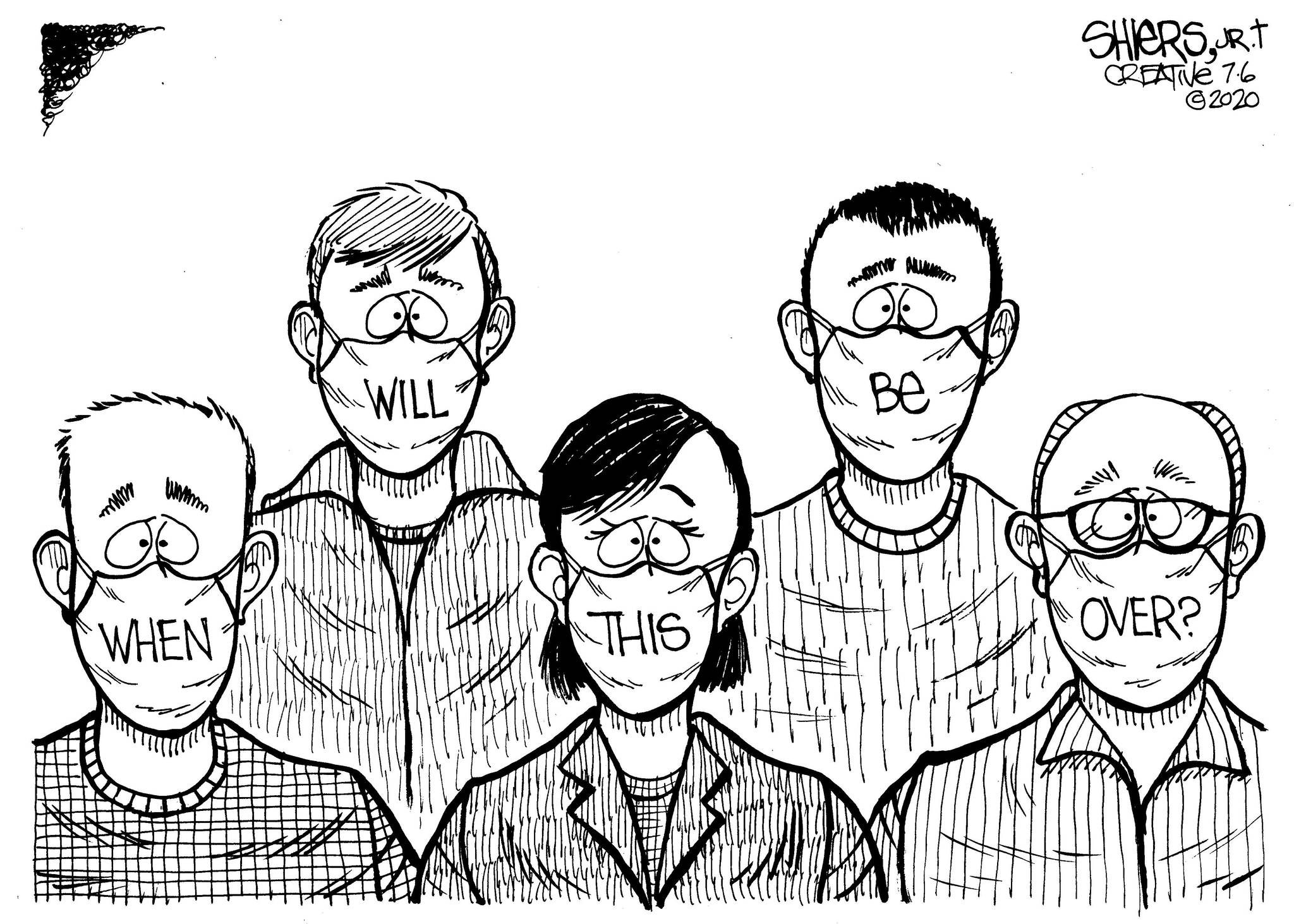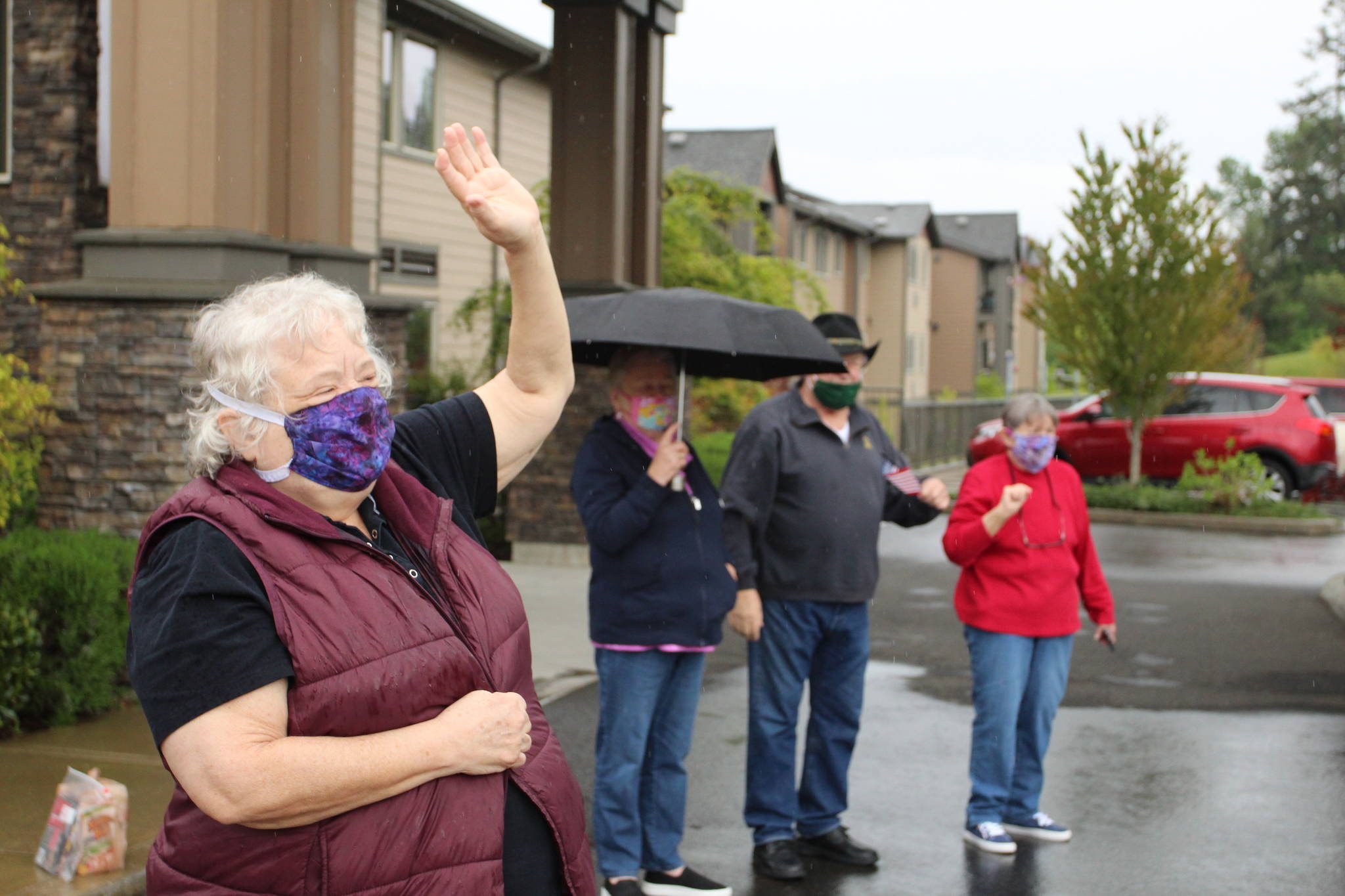By Melinda Young-Flynn, Washington State Budget and Policy Center
Anyone with a close family member with Alzheimer’s or other forms of dementia knows the gut punch that regularly hits you – even when you think you’re in a good place – when your family member forgets something especially meaningful, starts to lose new parts of their personality, or starts to exhibit distressing behaviors.
As I continue to process what it means to see my mom slip away to Alzheimer’s, there’s one part of this experience that honestly makes me enraged: That is how shockingly expensive the options are for long-term care. Learning the price tag that memory care will eventually cost for my mother was a particularly stressful gut punch.
A lot of folks think their health insurance or Medicare will cover home care or long-term care facility stays. They do not. Neither does disability or workers’ comp.
I’m lucky that for now, my dad – with the help of his friends and neighbors in Spokane – is able to take care of my mom while my brother and I coordinate visits to help out when we can. And we’re grateful for places like the Alzheimer’s Association and other nonprofits and community centers that provide emotional support, resources, and activities for people with dementia and their caretakers.
But when the time comes, long-term care should be accessible and affordable to everyone who needs it. It’s unconscionable that families have to be rich to afford long-term care or assisted living for their loved ones. Or that they otherwise need to drain their savings to qualify for Medicaid. Often someone in the family must quit their job to care for their family member. And this isn’t even addressing the fact that many families have multiple aging family members who need in-home or long-term care.
This is one of the reasons why I’m so grateful for WA Cares, which the state legislature passed into law a few years ago and that goes into effect this July. And I’m proud to work for an organization, the Washington State Budget and Policy Center, that helped advocate for the passage of this policy. The WA Cares benefit will help cover some of the cost of long-term care for people throughout Washington state who don’t have private long-term care coverage (data shows most of us don’t). Private long-term care policies are expensive, out of reach for the vast majority of us, and deny policies for people with pre-existing conditions – like cancer, diabetes, high blood pressure, and asthma.
By paying a small payroll tax each month to build our WA Cares benefit, we are providing ourselves with some much-needed padding to help pay for long-term care when the time comes for ourselves. The truth is that 70% of us will require some form of long-term care – be it weekly in-home care or assisted living – at some point in our lives. If I happen to be one of the people who doesn’t need it, I’m still happy to play my role in helping our state take this step to help provide support to the many people in my community who do.
Our society must take care of our elders. People in the final years of their lives and their loved ones shouldn’t be thrown into poverty or major financial distress because they need care. WA Cares is a great state-level addition to a host of important federal public supports – including Medicare, Social Security, and Aging and Disability Resource Centers – that are essential for people who are aging.
WA Cares is a critical starting point to support long-term care in our state. Yes, it would have been great if something like this had always been in place. I know my family would benefit from it to help my mom. And of course, it would be even better if health care covered the costs of long-term care. Better still if we had universal health care to ensure no one has to make a choice between paying for housing and food or getting the care they need.
But this is nevertheless an important move in the right direction toward ensuring everyone can afford long-term care when and if they need it. I’m thankful that Washington state was the first state in the nation to pass legislation like this.
Melinda Young-Flynn is the communications director at the Washington State Budget and Policy Center, an organization that works to advance the economic security of people in Washington. The Budget and Policy Center has conducted analysis demonstrating the importance of WA Cares to the well-being of our communities.




